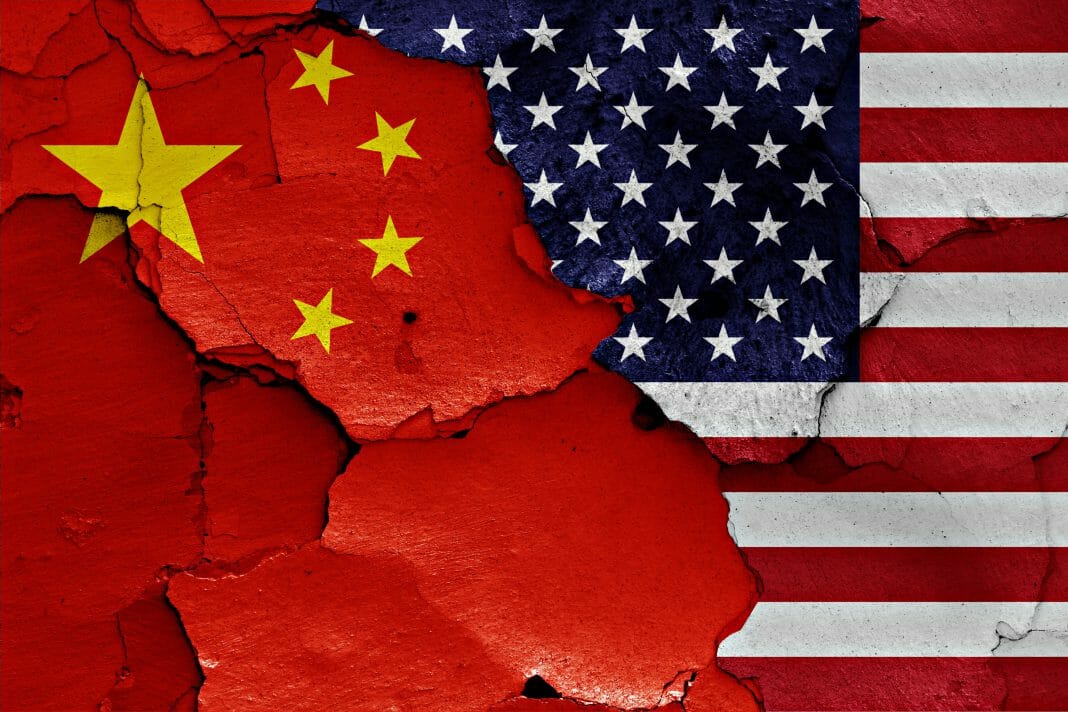Alibaba introduces Tongyi Qianwen 2.0, an advanced big language model, to compete with American tech giants. In addition to Tongyi Qianwen 2.0, Alibaba launched industry-specific Artificial Intelligence (AI) models and GenAI service platform. Amid AI advances, global regulations are evolving, including Biden’s executive order on AI safety.
In the growing race for AI supremacy, Alibaba has provided the impetus. The tech titan unveiled Tongyi Qianwen 2.0, its new Large Language Model (LLM), which demonstrates substantial improvement in understanding complex instructions, writing, reasoning, and hallucination prevention.
This announcement comes amid an intensifying LLM race between the United States and China, where Alibaba strives to rival American tech giants such as Amazon and Microsoft.
As it may be recalled, China has had a difficult relationship when it comes to cryptocurrencies. The country has taken forceful measures against mining companies in 2021, a precedent that has caused companies to leave for other latitudes. However, it has also been promoting trials of a digital yuan through the People’s Bank of China.
Alibaba Advances AI Progress in China
Alibaba stated in a press release that “Tongyi Qianwen 2.0 demonstrates remarkable abilities in understanding complex instructions, writing, reasoning, memorization, and hallucination prevention.”
The company also launched industry-specific AI models and the GenAI services platform, which allows companies to build their own generative AI applications using their proprietary data. This addresses a common concern about access to third-party data in public generative AI products like ChatGPT.
While these developments are noteworthy, they come in the context of a broader regulatory push. In the United States, President Joe Biden signed the first executive order on AI. This calls for new safety assessments, civil rights guidance, and research into the impact of AI on the labor market.
According to White House Deputy Chief of Staff Bruce Reed, the executive order represents “the strongest set of measures that any government in the world has ever adopted regarding security and trust in AI.”
In recent years, Alibaba has been closely monitored by the Chinese government, all in the midst of an offensive against the technology industry. Alibaba is China’s largest e-commerce company, with more than 900 million active users annually on its Taobao and Tmall platforms. It also operates the country’s largest cloud computing and digital payment platforms.
Other Countries than the US and China Improving AI Regulations
Biden’s executive order is comprehensive, addressing issues ranging from creating new safety standards for AI, protecting consumer privacy, promoting equity and civil rights, to studying the implications of AI in the labor market.
Additionally, it stipulates that AI companies will share security test results with the federal government. They should also provide guidelines to prevent AI algorithms from exacerbating discrimination.
Internationally, G7 nations are working on a voluntary ‘Code of Conduct’ for advanced AI systems. The code is known as the “Hiroshima AI process,” which aims to promote safe and trustworthy AI around the world.
The European Commission’s digital chief, Vera Jourova, said it would act as a bridge until regulation is established. As Alibaba flexes its AI muscle with Tongyi Qianwen 2.0 and GenAI services platform, it’s clear that the LLM race between the US and China is heating up.
At the same time, global regulations are evolving to ensure responsible harnessing of AI’s immense potential. This dynamic interplay between technological innovation and regulatory oversight will shape the future of AI for years to come.
By Audy Castaneda











